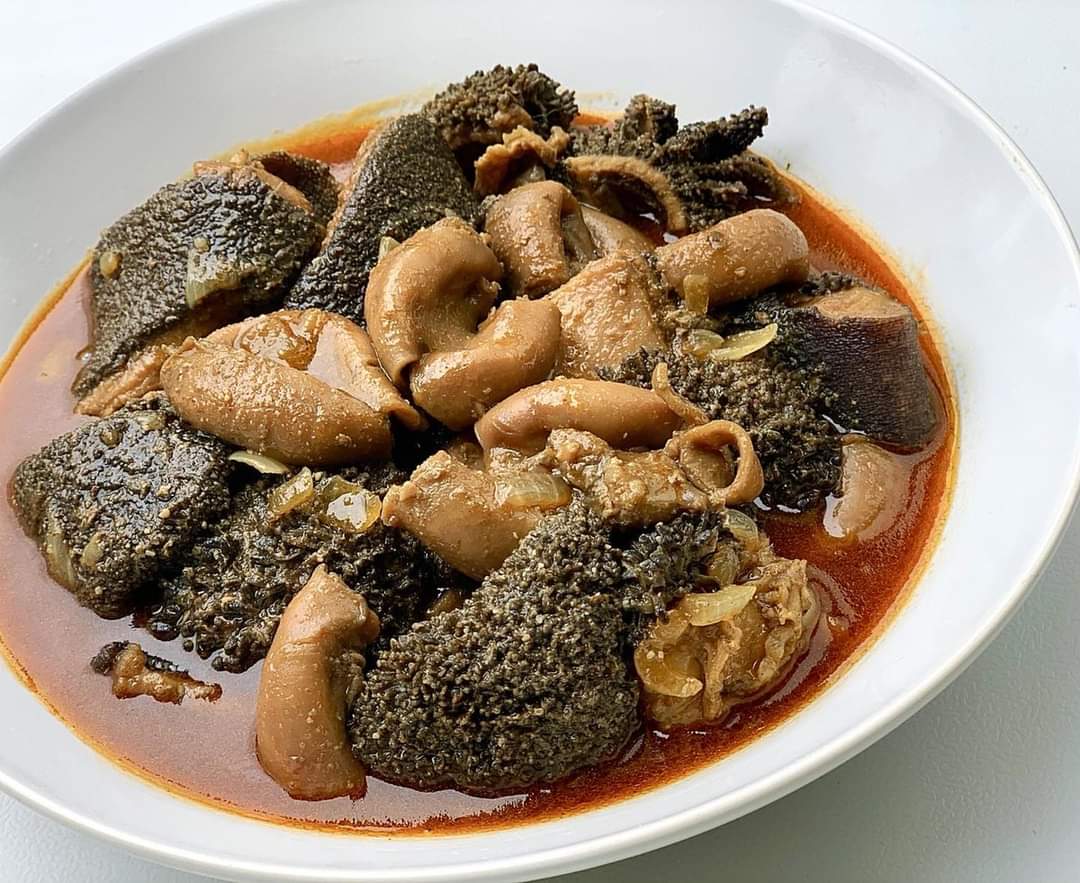Mogodu, or tripe, is a beloved dish in South African cuisine, particularly within the Zulu, Xhosa, and Sotho communities. Known for its rich flavor and cultural significance, mogodu is often enjoyed as a hearty meal that brings families and friends together. This article will guide you through the history, preparation, and cooking process of a traditional mogodu recipe.
What is Mogodu?
Mogodu refers to the stomach lining of cattle, goats, or sheep. It is considered a delicacy in many cultures around the world, but in South Africa, it holds a special place in traditional cooking. Often slow-cooked to achieve a tender texture, mogodu is typically served with pap (a type of porridge made from maize meal) or steamed bread.
Ingredients
To prepare a traditional South African mogodu, you will need the following ingredients:
- 1 kg beef tripe (mogodu), cleaned and cut into pieces
- 2 tablespoons vegetable oil
- 1 large onion, finely chopped
- 2 garlic cloves, minced
- 2 tomatoes, chopped
- 1 green bell pepper, chopped
- 2-3 carrots, peeled and chopped
- 2-3 potatoes, peeled and chopped
- 1 beef stock cube
- 1 teaspoon paprika
- 1 teaspoon curry powder (optional)
- Salt and pepper to taste
- Water
- Fresh parsley or coriander for garnish
Instructions
1. Clean the Tripe:
- Ensure the tripe is thoroughly cleaned. Rinse it several times under cold running water. You may need to scrub it gently to remove any impurities. Soaking the tripe in a solution of water and vinegar for about 30 minutes can also help remove any residual odors.
2. Parboil the Tripe:
- Place the cleaned tripe in a large pot and cover it with water. Bring it to a boil and let it simmer for about 15-20 minutes. This helps tenderize the tripe and remove any strong odors. Drain the water and set the tripe aside.
3. Sauté the Vegetables:
- In a large pot or Dutch oven, heat the vegetable oil over medium heat. Add the chopped onion and garlic, and sauté until they are soft and translucent.
4. Add the Tomatoes and Bell Pepper:
- Add the chopped tomatoes and green bell pepper to the pot. Cook for a few minutes until the tomatoes start to break down and form a sauce.
5. Add the Tripe:
- Add the parboiled tripe to the pot, stirring to combine with the vegetables. Cook for about 5 minutes, allowing the tripe to absorb the flavors.
6. Season the Dish:
- Crumble the beef stock cube into the pot and add the paprika, curry powder (if using), salt, and pepper. Stir to mix well.
7. Add Water and Simmer:
- Pour in enough water to cover the tripe and bring the mixture to a boil. Reduce the heat to low, cover the pot, and let it simmer for about 2-3 hours, or until the tripe is tender. Check occasionally and add more water if necessary to prevent drying out.
8. Add Vegetables:
- About 30 minutes before the tripe is fully cooked, add the chopped carrots and potatoes to the pot. Continue to simmer until the vegetables are tender and the sauce has thickened.
9. Final Touches:
- Once the tripe and vegetables are cooked through, adjust the seasoning if needed. Garnish with freshly chopped parsley or coriander before serving.
10. Serve:
- Serve the mogodu hot, accompanied by pap, steamed bread, or rice.
Tips for Cooking Mogodu
- Patience is Key: Tripe requires long, slow cooking to become tender. Ensure you allow enough time for the dish to simmer and develop its flavors.
- Flavor Enhancements: Feel free to add other spices or herbs according to your taste preferences. Some cooks like to add bay leaves, thyme, or chili for an extra kick.
- Cleaning: Properly cleaning the tripe is essential to avoid any unpleasant odors. Take your time during this step for the best results.
Nutritional Information
Mogodu is a nutritious dish, rich in protein and essential minerals like iron and zinc. However, it can be high in cholesterol and fat, so it should be enjoyed in moderation as part of a balanced diet.
Mogodu is more than just a dish; it’s a cultural experience that brings people together. With its deep flavors and tender texture, this traditional South African recipe is a testament to the country’s rich culinary heritage. Whether you’re preparing it for a special occasion or a hearty family meal, mogodu is sure to be a hit. Enjoy this delicious and comforting dish that celebrates the essence of South African cuisine.








